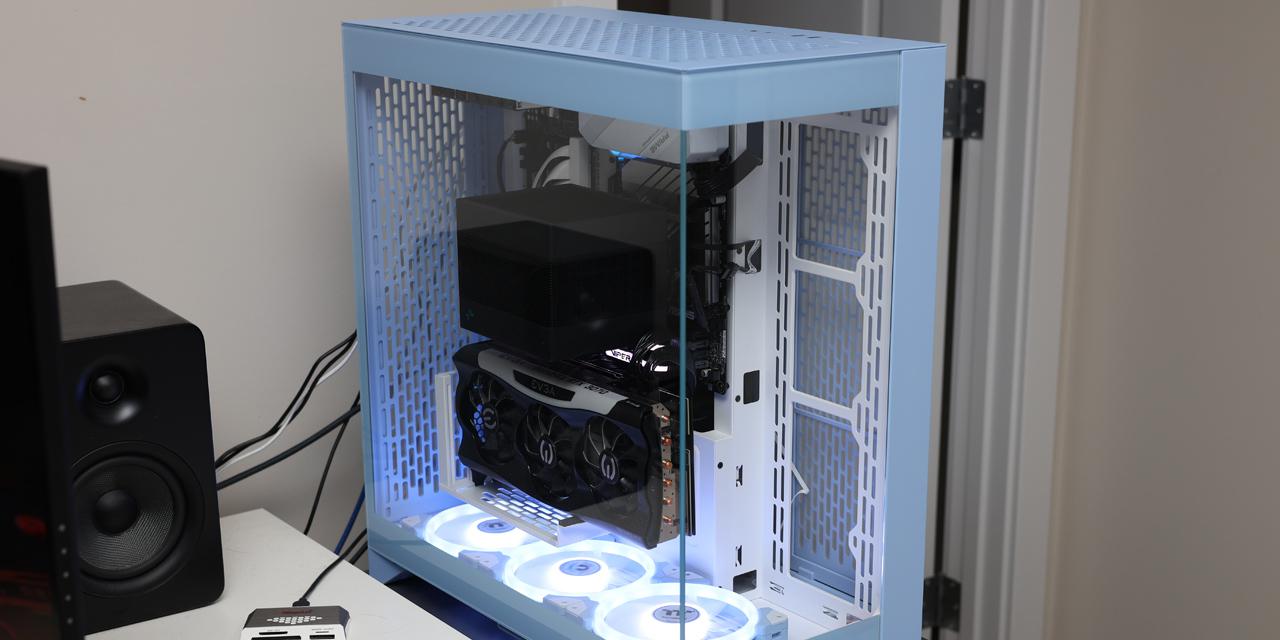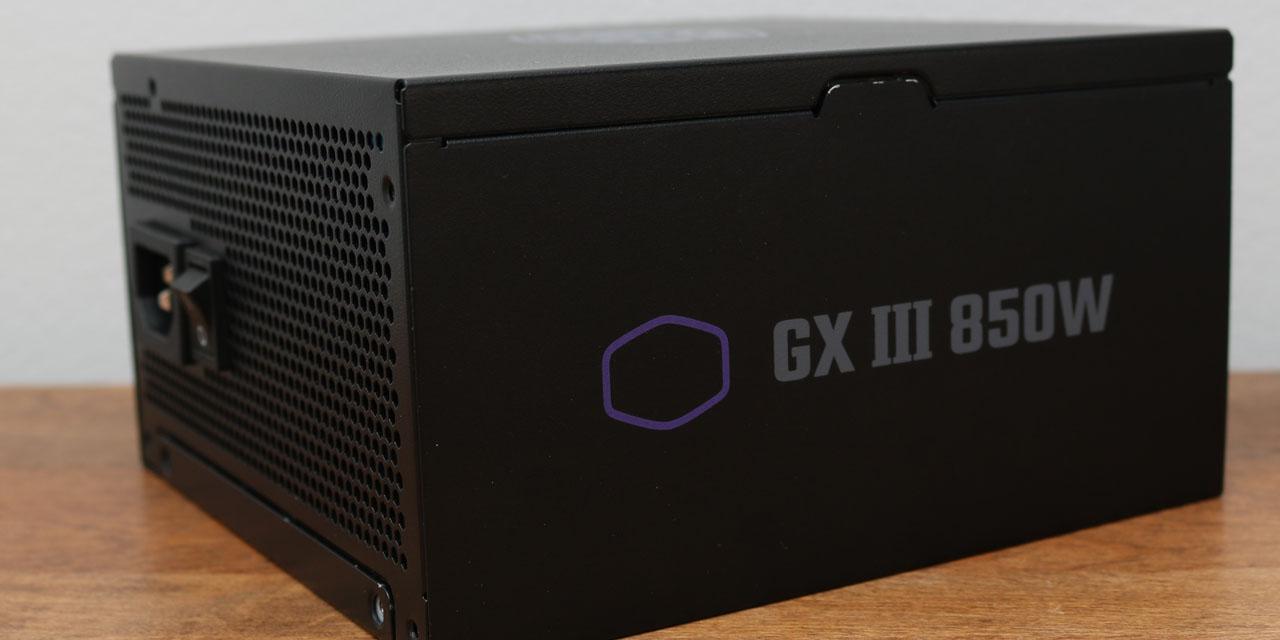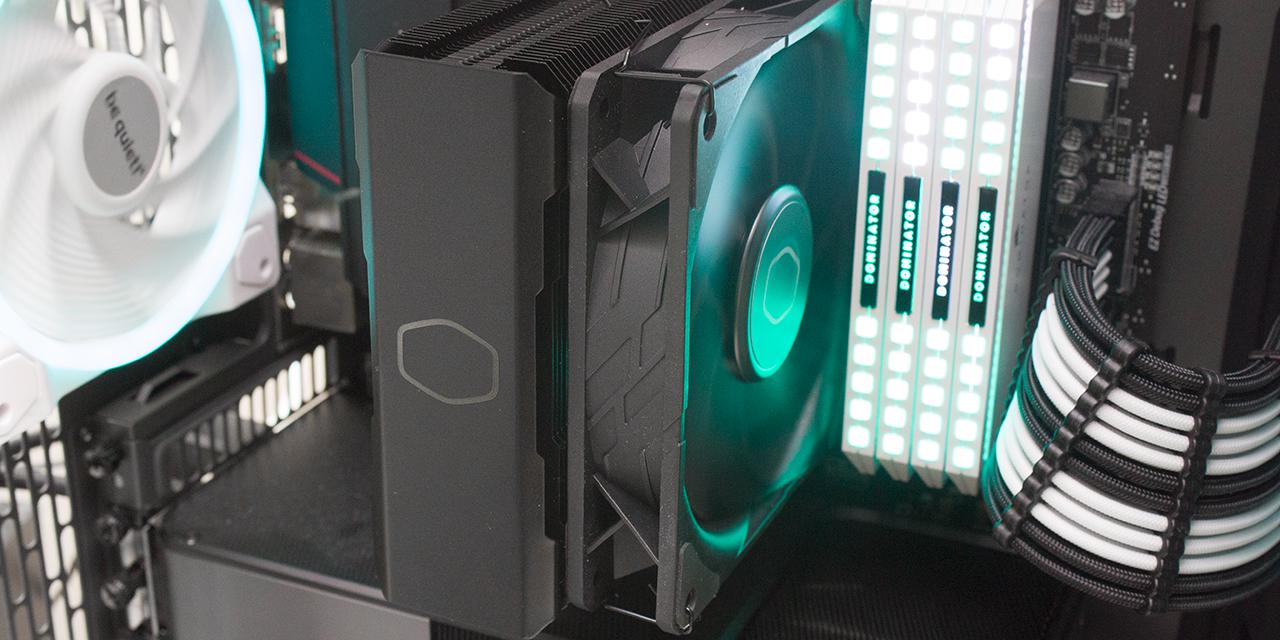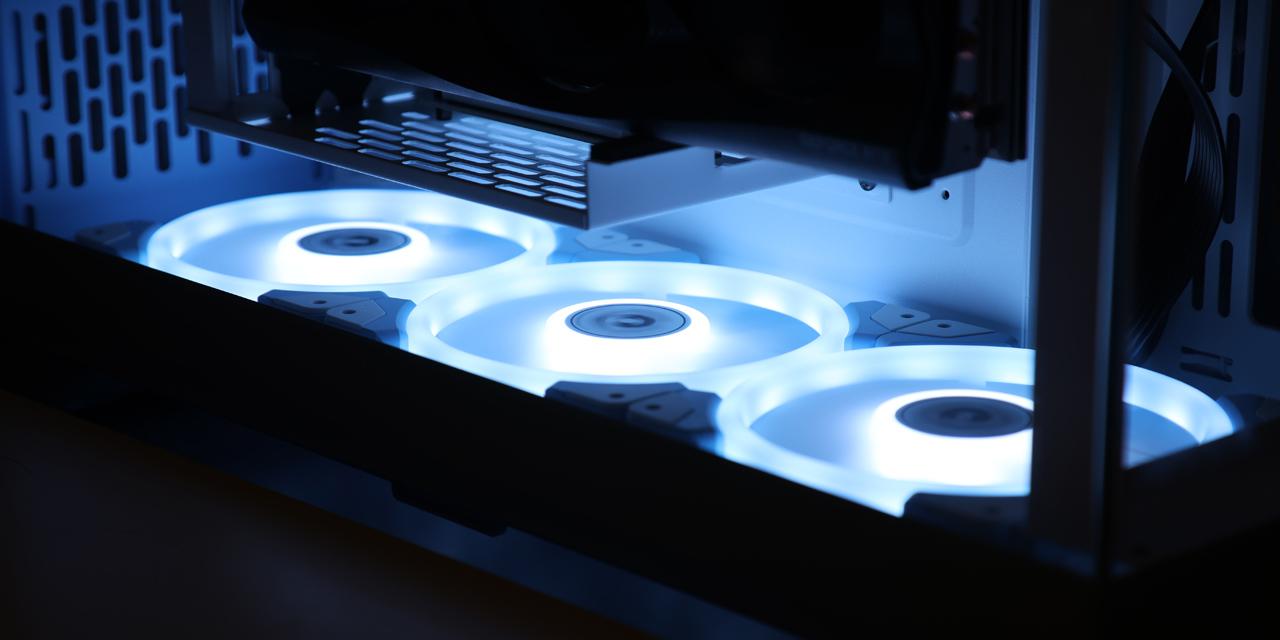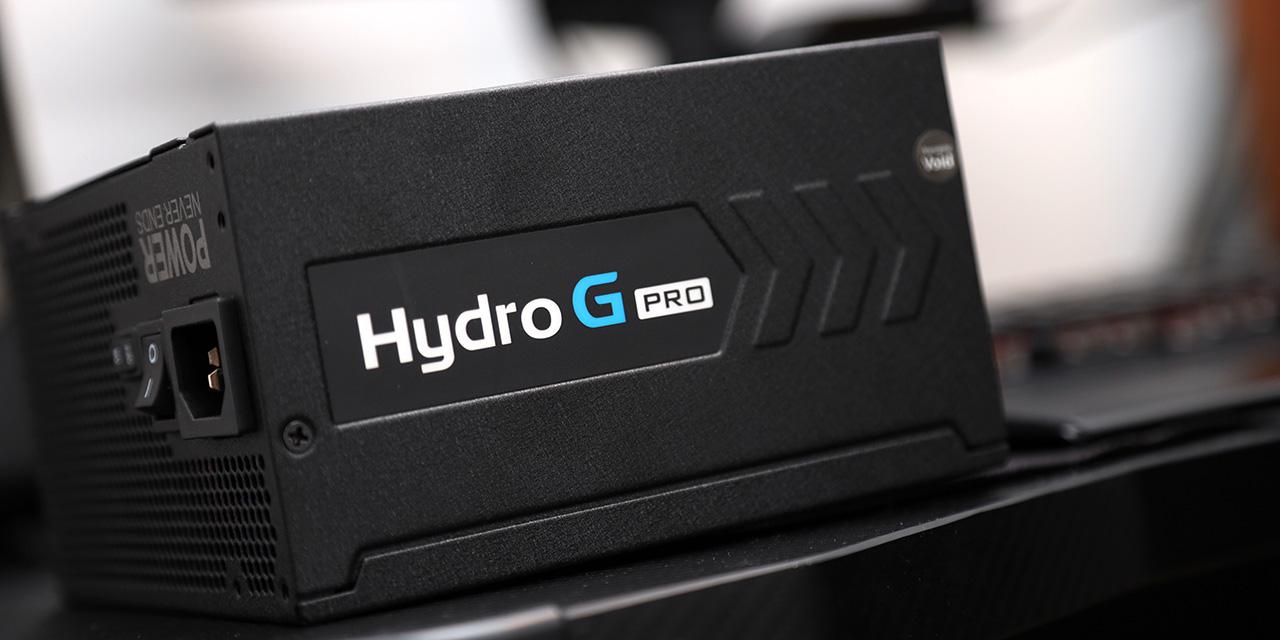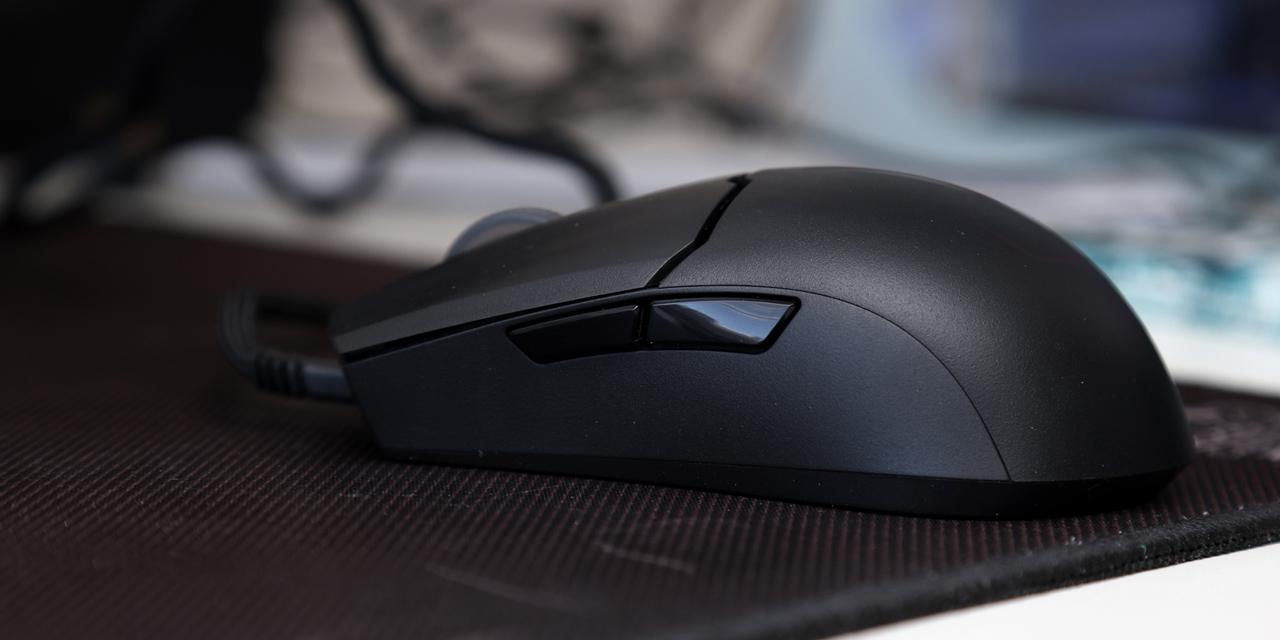|
From X-bit Labs: Thanks to the recovery of the global economy, shortage of dynamic random access memory (DRAM) has accelerated since August and reached its peak in October this year. While the demand towards personal computers will be traditionally weak in Q1 2010, with the continuing recovery it is highly likely that DRAM shortages will return in the second half of the year, claims DRAMeXchange research company. According to the provider of DRAM market intelligence, some PC manufacturers had to spent $55, 1Gb for $3.25 equivalent, for DDR2/2GB module from module houses at spot market. Despite with the shortage ease in November and December, most PC OEMs and PC ODMs still indicate the strong shipment momentum while this situation resulted in the flat DRAM contract price during the periods. According to DRAMeXchange, DRAM aggregate demand will be slightly below aggregate supply in Q1 2010, which will cause memory price to drop to 10% – 20%. It is interesting to note that the market research firm expects DDR3 memory price to drop less than the cost of DDR2, which seems to be logical considering roll-outs of new DDR3 platforms in January by Intel Corp. “We expect that in Q1 2010 DDR3 price will show the less price decline than DDR2 given the strong platform migration momentum. Meanwhile, we also see the DDR3 will turn to the mainstream memory spectrum in Q1 2010 while market share will account 60% and will likely reach 80% of commodity DRAM in the second half of 2010,” said Patricia Chien, a spokeswoman for DRAMeXchange, in a statement. According to DRAMeXchange, 2010 PC shipments year-on-year growth will be up to 13%. Desktop PCs will merely grow 0.6% annually to 120 million, notebook market is projected to grow 22.5% year-over-year to 160 million units, whereas shipments of netbooks will grow 22% to 35 million units as well. The increase of demand towards personal computers will result in the raise of demand towards memory, which, according to DRAMeXchange, will cause shortages in supply, increasing prices and profitability for DRAM manufacturers. View: Article @ Source Site |
 |
Shortages of DRAM Expected to Occur in the Second Half of 2010
© Since 2005 APH Networks Inc. All trademarks mentioned are the property of their respective owners.
